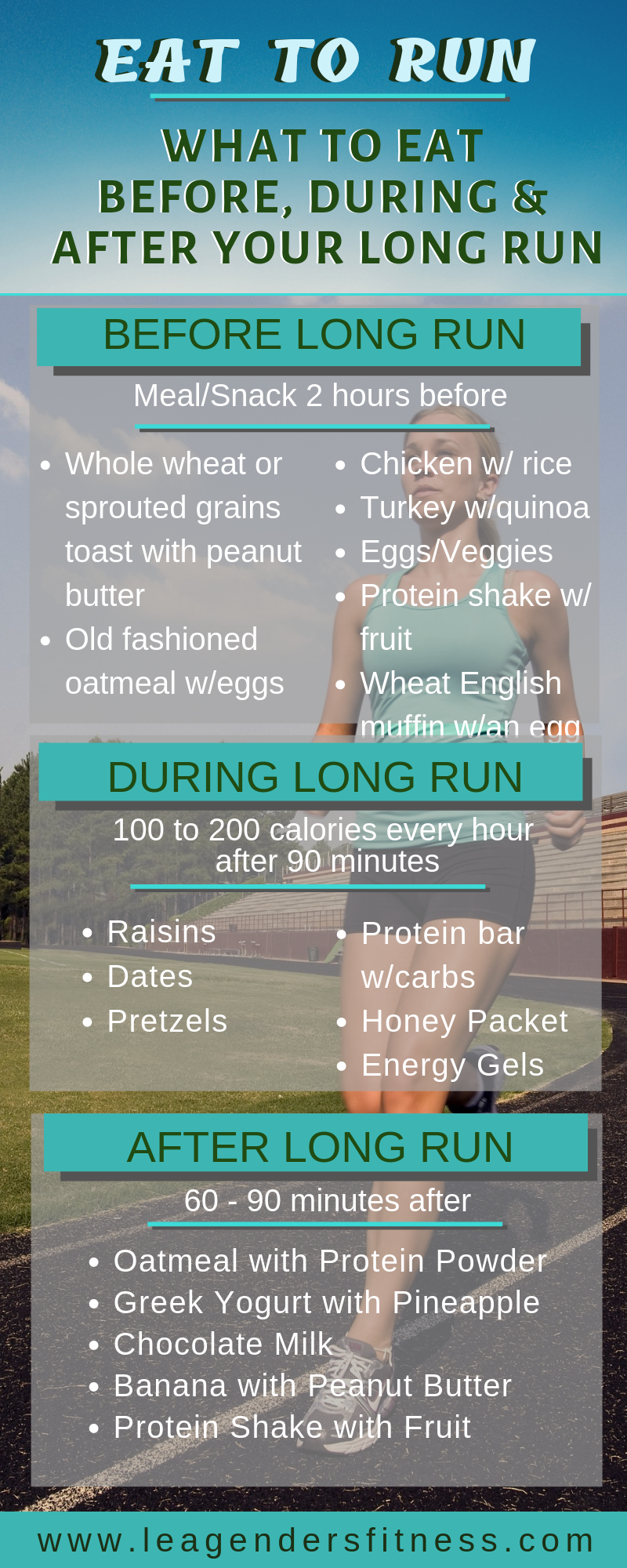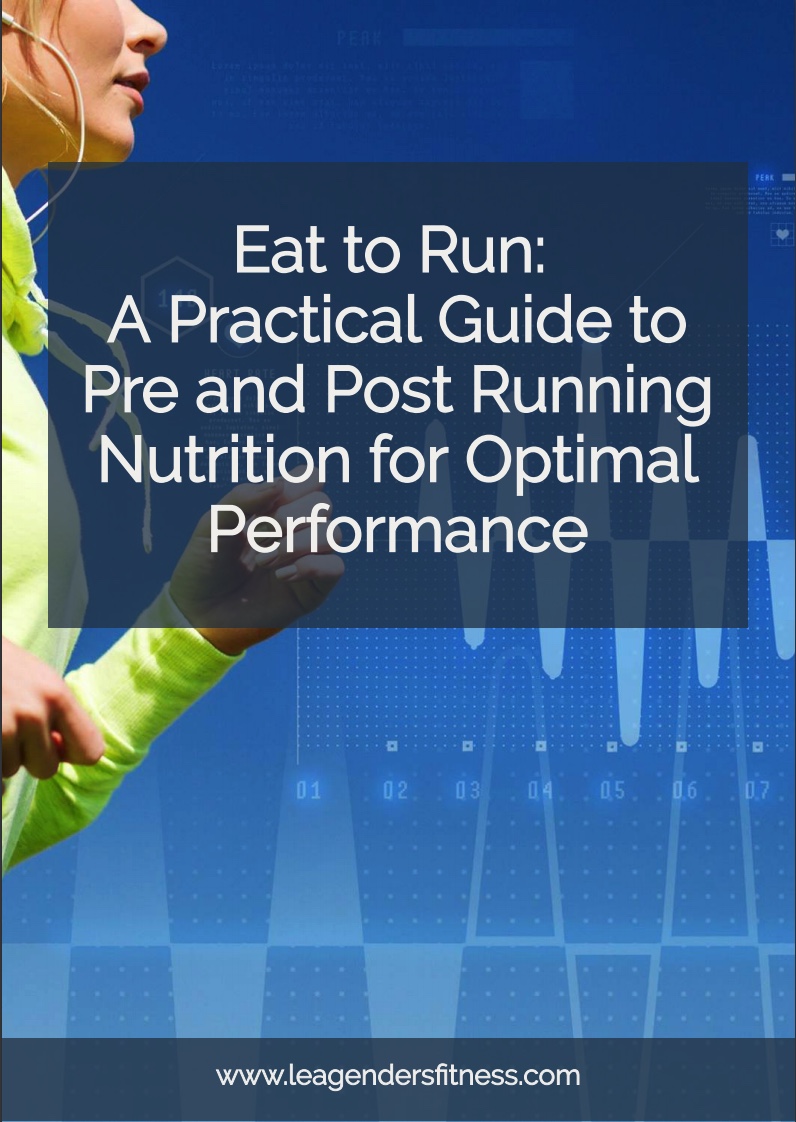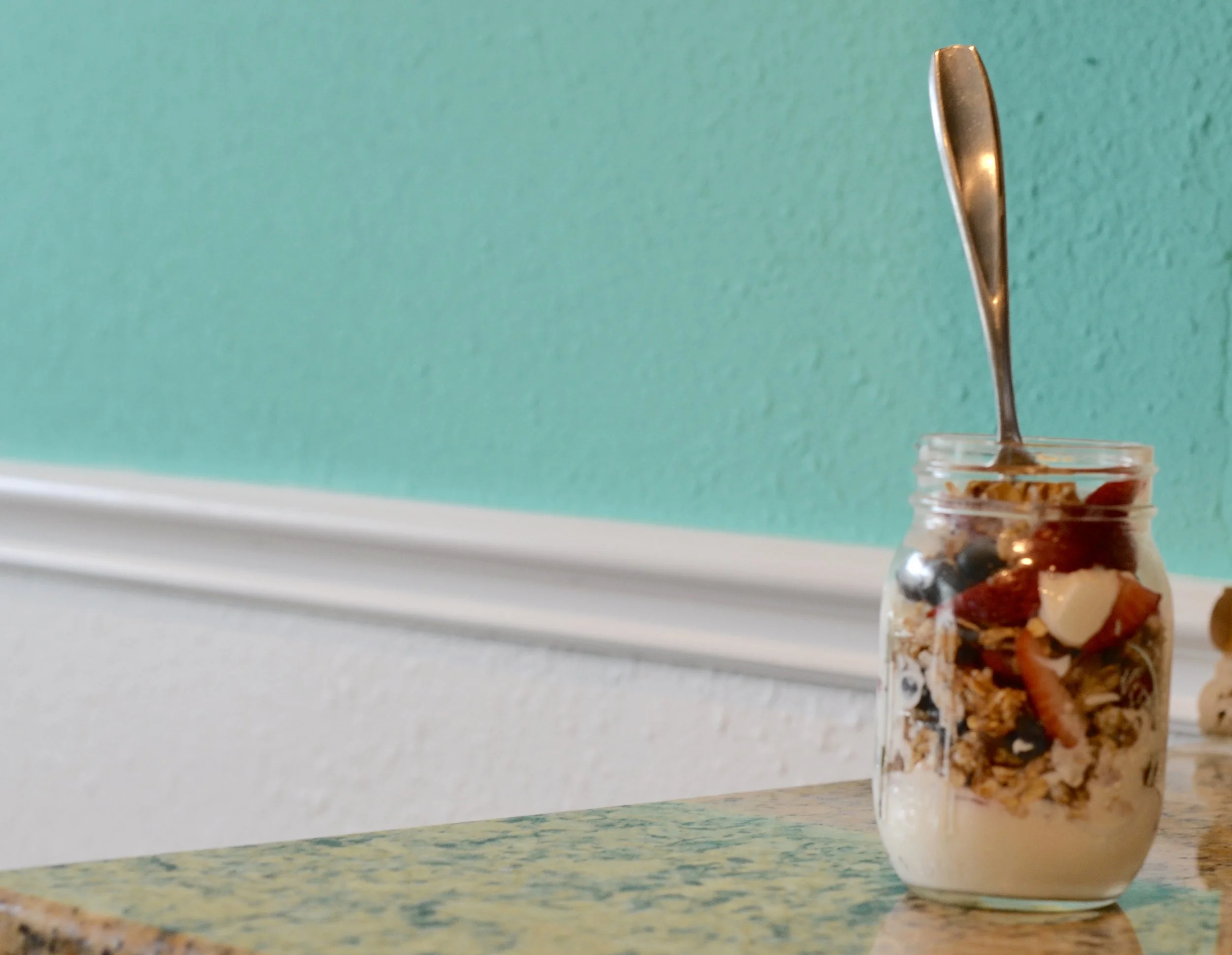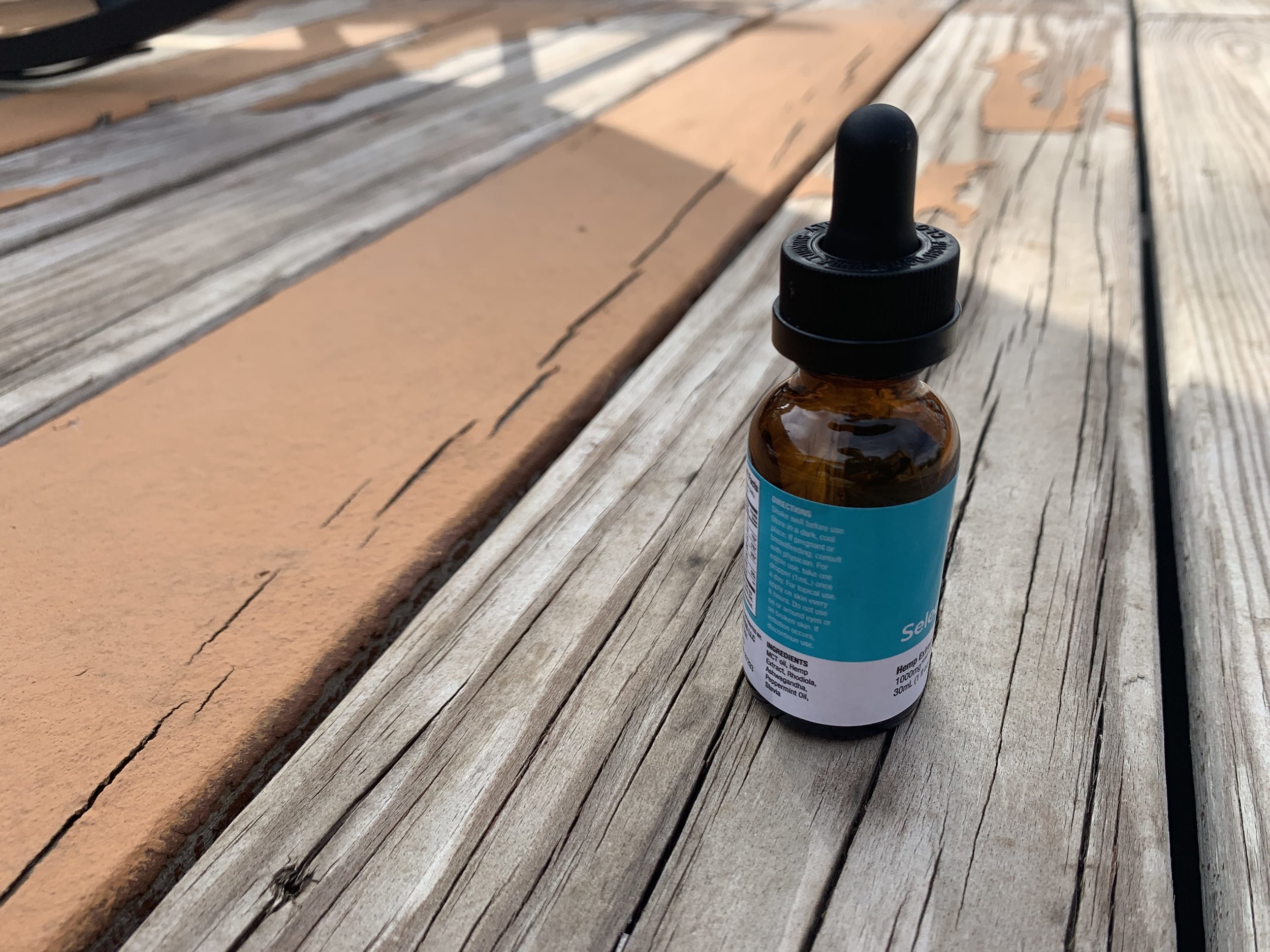One of my favorite parts of training people in person is that I get the amazing opportunity to learn about the struggles my athletes are having firsthand. If I write about the topics that people want to learn more about, I can reach a wider audience. This week two of my in-person running coach clients in Fort Worth asked me to give them more information about pre and post-workout nutrition for runners. If two people are asking me in person there are probably a lot more people wondering. What do you want to learn more about? I really want to know.
Do you have questions? How can I help?
A practical guide for pre and post-running nutrition for optimal performance includes snack and meal ideas, as well as meal timing guidelines.
Eat to Run: A practical guide for pre and post running nutrition for optimal performance. Save to your favorite Pinterest board for later.
What to Eat Before/During and After Running
Nutritional needs are individual. My best advice is to experiment with nutrition to learn what works best for your body. Approach it as research. Experience is your teacher. Try it, gather data, and adjust as necessary. No one knows your body as you do. I can offer suggestions and practical tips for running nutrition, but since everybody is different, only you can decide what works best for you. Learn (by doing) what makes your body look, feel and perform its best.
The amount of protein, carbs and fat your body needs varies by personal preference, food tolerances, and intensity of exercise. While pre and post-workout nutrition should be considered, the meals you eat day-in and day-out are more critical. Your performance and recovery will be better with consistent whole-food nutrition.
PROTEIN FOR RUNNING RECOVERY
Aim for a serving of protein at each meal and snack. National Academy of Sports Medicine recommends .5-.6 grams of protein per lb of body weight per day for endurance athletes. Protein will help you feel satiated and less hungry between meals. Protein is essential to build and repair muscle after exercise and to maintain muscle tissue.
PROTEIN IDEAS
MEAT
Lean/extra-lean cuts of beef
Lamb
Lean pork (pork tenderloin)
Wild game (venison, elk)
POULTRY
Chicken
Turkey
Duck
Eggs & egg whites
FISH
Tuna
Salmon
Tilapia
Cod
Haddock
Trout
Sardines or mackerel
SEAFOOD & SHELLFISH
Shrimp
Mussels, clams, scallops
Crab, lobster, octopus
DAIRY
Low-fat Milk
Cottage cheese
Plain yogurt
Greek yogurt
Protein powder supplement (whey protein)
PLANT-BASED
Lentils
Beans
Peas (chickpeas, pigeon peas, etc.)
Hummus
Tofu
Tempeh
Vegetarian protein powder supplements (hemp or soy protein)
CARBOHYDRATES FOR PERFORMANCE
Carbs have a bad reputation, but the truth is for most athletes, healthy whole-foods carbs are necessary to fuel performance. Don't be afraid to add whole food, minimally processed carbs to your meals, especially around your workouts. There is no need to carb-load with oversized portions of pasta, instead include nutrient-dense carbohydrates with each meal to fuel your running. You may choose to limit refined carbs from soda, chips, crackers, candy, and pastries.
The key is to consume sufficient carbs to meet your individual fuel needs. Carb needs vary for every athlete. You get to decide what works best for you.
CARBOHYDRATES IDEAS
WHOLE GRAINS
Old-fashioned oats
Quinoa
Sprouted grains or bread
100% whole grain pasta
STARCHY CARBS
Asparagus
Broccoli
Beets
Carrots
Corn
Corn tortillas (not chips)
Cauliflower
Pumpkin
Purple, red, or gold potatoes
Rice
Sweet potatoes/yams
Winter squash (Butternut, Acorn, etc.)
LEGUMES
Lentils & beans
FRUITS
Apples
Apricots
Banana
Berries
Cantaloupe
Cherries
Grapefruit
Grapes
Mangoes
Melons
Oranges
Peaches,
nectarines
Pineapple
Plums
Strawberries
Watermelon
HEALTHY FATS
Carbs may be the villain these days, but it used to be that fat was the bad guy. Fat makes you fat. Makes sense, right? Except it is not true. Consuming dietary fat does not increase body fat directly. Fat has more calories per gram than carbohydrates and protein and is usually tasty, so fats are easy to overconsume. Overconsumption of any food can lead to weight gain. Fat helps your body absorb nutrients and keeps your hormones balanced. Aim for proper portions of healthy fats like avocados, unflavored nuts, and extra virgin olive oil. A thumb-size of fats is a good measure of a proper portion.
HEALTHY FATS IDEAS
Real Butter
Fresh avocado or fresh guacamole
Raw, unflavored, unsalted nuts (almonds, cashews, walnuts, pecans, Brazil nuts, hazelnuts, etc.)
Raw, unflavored, unsalted seeds (pumpkin seeds, sunflower seeds, hemp seeds, etc.)
Flax seeds
Coconut (including fresh coconut or coconut milk)
Natural peanut butter
Natural nut or seed butter (almond butter, tahini, etc.)
Extra-virgin olive oil
NUTRITION FOR RUNNING LESS THAN AN HOUR
PRE-WORKOUT NUTRITION TIMING
For runs that last less than an hour, it’s ok to run on an empty stomach or eat normally one to two hours before activity. You can eat a snack no sooner than 30 minutes to one hour before you run.
PRE-WORKOUT SNACK IDEAS
Whole wheat English muffin with 1 tbsp peanut butter
Greek yogurt with homemade granola
Cottage cheese with berries/fruit (try pineapple!)
Nuts
Carrots/hummus
POST-WORKOUT RECOVERY NUTRITION TIMING
Eat normally in your post-workout recovery meal to include both protein and carbohydrates within a few hours of your workout for muscle repair and to replenish glycogen (carbs stored in the muscles).
POST-WORKOUT MEAL IDEAS
Chicken and rice bowl with beans and avocado
Stir fry in olive oil with steak or chicken, with broccoli and brown rice
Whole wheat wrap with grilled chicken and veggies
What to eat before, during and after your long run. Save to your favorite Pinterest board for later.
NUTRITION FOR RUNNING LONGER THAN 90 MINUTES
For runs longer than 90 minutes you may need intra-workout nutrition. Your blood sugar dictates how well you feel, and after 90 minutes of cardiovascular exercise when blood sugar drops you may experience low energy levels and performance declines.
Coaches note: Practice your long-run nutrition before race day. To avoid surprises, always test your long-run fueling strategy on your training runs before the race. Plan your meals, the timing, and the workout as close to race day conditions as possible.
PRE-WORKOUT NUTRITION TIMING FOR LONG RUNS
Eat normally one to two hours before activity using the guidelines above, about 300-400 calories.
INTRA-WORKOUT NUTRITION TIMING FOR LONG RUNS
For runs longer than 90 minutes consume 25-50 grams of carbs (100-200 calories) per hour beginning after 90 minutes. Every runner processes carbohydrates at a different rate, so you may need to consume carbohydrates slightly more or less often.
INTRA-LONG RUN FUEL IDEAS
Raisins
Dates
Pretzels
Honey packet
Energy gels with water
Protein bar with carbs broken into small pieces
POST-LONG RUN NUTRITION TIMING
Eat a snack 60-90 minutes after your workout to include both protein and carbohydrates for muscle tissue repair and glycogen replenishment, then eat normally within 3-4 hours.
POST-LONG RUN SNACK IDEAS
Oatmeal with protein powder
Greek Yogurt or Cottage cheese with pineapple
Low fat chocolate milk
Banana with peanut butter
Whey protein shake mixed with fruit
SUPPLEMENTS
I advise that you strive to get your nutrients from whole foods when possible as outlined above, but supplements can help fill the gap when whole foods aren’t available or convenient.
PRE-WORKOUT
Caffeine alone can be effective as a pre-workout, it can give you a boost of energy for your runs. I’d recommend allowing time after coffee to use the bathroom before your run because coffee can stimulate a bowel movement.
INTRA-WORKOUT
Sports and energy gels can help you get your needed carbohydrates on long runs. They are easy to carry, consume, and properly portioned. Always test these on training runs before your race because for some runners they may cause gastrointestinal distress, like cramping or bloating.
POST-WORKOUT
If real food is not available or convenient, a whey protein supplement can help with post-workout recovery. Animal-based protein powders, like whey made from milk protein, contain all essential amino acids necessary for muscle repair. Soy is the only plant-based protein that contains all eight essential amino acids. Other plant-based proteins can be combined to achieve this result.
Consider a vegetable powder supplement if you are struggling to get enough vegetables in your diet. If you’re missing the micronutrients from vegetables in your diet, it can make you feel sluggish and compromise your immune system. Look for brands with minimum fillers and no added sugar.
While these supplements can be convenient, they often are a lot more expensive than consuming real food. Ideally, you should be able to get all your nutrients from a well-rounded diet of whole foods.
How to determine what (if any) supplements you may need.
Nutrition for runners isn’t complicated. If your diet is typically well-balanced and whole-food based you will have the fuel you need to run strong. Since we are all different, you may need to experiment with the number of carbs, protein, and fat that make you look, feel, and perform your best.
Questions? I’d love to help. It’s my life’s purpose to help runners succeed.
Download the Running Nutrition ebook
Did you like this post? Do you know someone who might benefit? It helps me when you share with your friends and followers.














If you have questions about running and weight loss, I’ve rounded up the blog posts to help you with answers. Why do I gain weight during marathon training? What to do when your weight loss plateaus from running. Are you running for performance, or running for weight loss? And why it matters that you choose one. I finish my personal story of how I used running as part of my strategy for permanent fat loss.